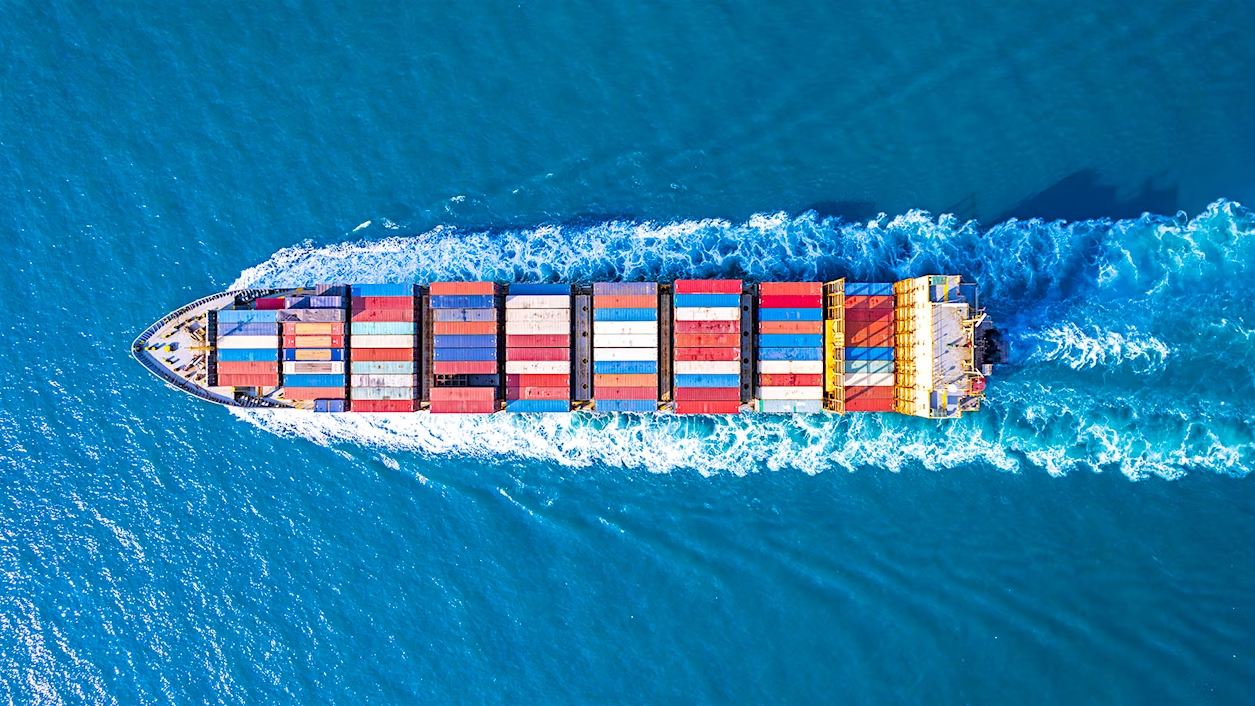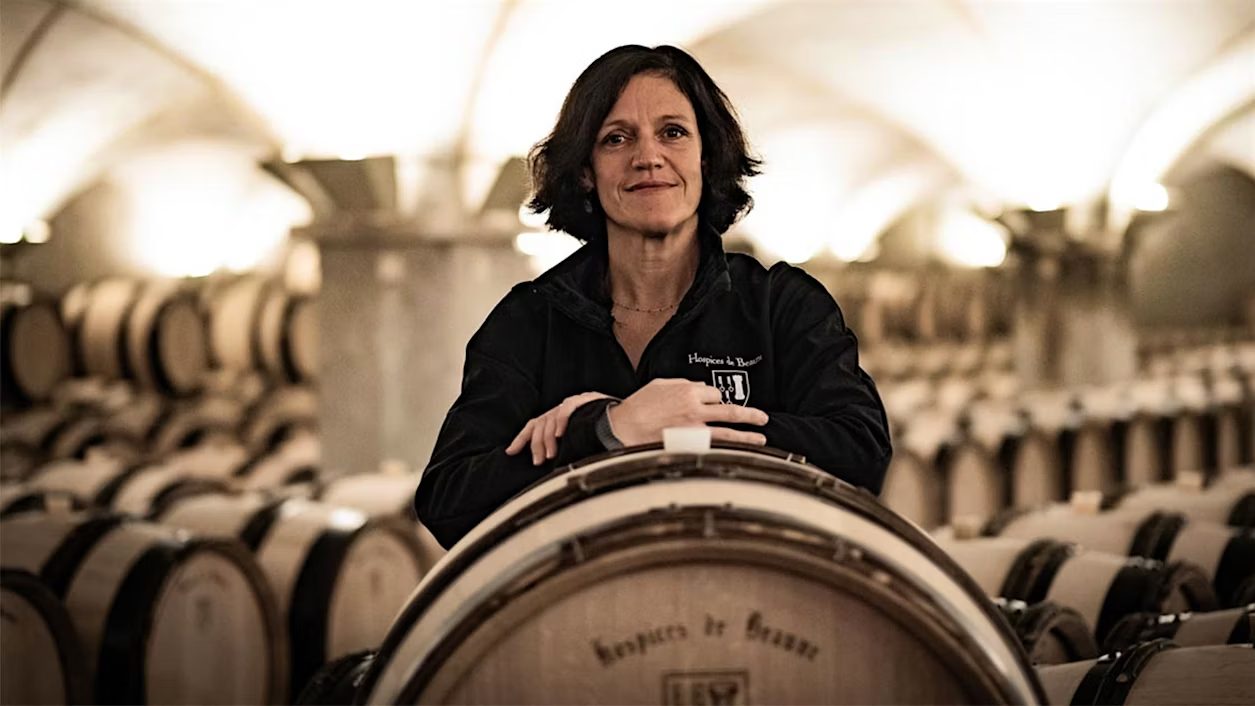In recent years, the wine industry has experienced a significant digital transformation, propelled by technological advancements that are reshaping traditional practices and enhancing the overall production process. One of the most notable innovations is the use of Internet of Things (IoT) sensors, which are deployed throughout vineyards to monitor various aspects of grape health. These sensors collect real-time data related to soil moisture, temperature, and humidity, empowering vintners to make informed decisions about irrigation and pest management.
Additionally, drones have emerged as a vital tool for vineyard surveillance, providing aerial imagery that helps identify areas of concern such as disease outbreaks or uneven ripening. This technology allows winemakers to take proactive measures, potentially saving valuable crops and increasing yield. The integration of these digital solutions fosters a more sustainable approach, as targeted interventions reduce resource wastage and promote better environmental stewardship.
Moreover, data analytics plays a crucial role in optimizing harvest timing, ensuring that grapes are picked at their peak ripeness. By analyzing historical weather patterns and sensor data, winemakers can precisely determine the optimal harvest date, enhancing the quality of the final product. In the winery, automation has also made a significant impact. Automated systems streamline fermentation processes, allowing for precise temperature control and reducing the margin for error during production. This shift towards automation not only improves efficiency but also maintains consistency in product quality.
Notable wineries around the globe have embraced this digital revolution. For instance, some vineyards in California have adopted smart vineyard management systems that integrate data analytics with IoT technology, resulting in higher quality wines and more sustainable agricultural practices. Such examples underline the transformative potential of technology in revolutionizing wine production, ultimately leading to a more resilient and innovative industry.
Enhancing Wine Quality Through Technology
The intersection of technology and winemaking has ushered in a new era of quality enhancement through innovative tools and techniques. One significant advancement is the application of machine learning algorithms, which enable winemakers to predict optimal wine blends with unprecedented precision. By analyzing historical data from various vintages, including climate conditions, grape variety specifics, and fermentation outcomes, these algorithms provide valuable insights that guide the blending process to create superior wines.
Smart fermentation techniques also play a critical role in elevating wine quality. Traditional fermentation processes can be influenced by numerous variables, which may lead to inconsistencies in the final product. However, technology-driven fermentation systems now allow for real-time monitoring and adjustment of crucial parameters such as temperature, yeast activity, and oxygen levels. These systems facilitate a more controlled environment, ensuring that the fermentation process is optimized for the best possible flavor and aroma profiles, thus enhancing the overall quality of the wine.
Advancements in laboratory testing further contribute to precision viticulture, empowering vintners with detailed analyses of their grapes and wine. Techniques such as gas chromatography and infrared spectroscopy provide comprehensive insights into the chemical composition of wines, allowing producers to make informed decisions regarding adjustments throughout the vinification process. This data-driven approach not only ensures consistency across batches but also enhances the ability to maintain quality standards that consumers have come to expect.
Several top wine producers are now successfully integrating these technological advancements into their practices. For instance, renowned wineries are leveraging machine learning to predict market trends and consumer preferences, aligning their production strategies accordingly. These success stories exemplify how embracing technology not only enhances wine quality but also contributes to the sustainability and profitability of the wine industry as a whole.
Personalized Wine Experiences with AI and Apps
As technology evolves, the wine industry is embracing innovative solutions to enhance consumer experiences. Mobile applications and artificial intelligence (AI) are at the forefront of this transformation, creating personalized wine experiences that cater to individual preferences. AI algorithms analyze consumer data, including taste profiles and purchasing history, to recommend wines that align with personal likes and dislikes. By leveraging machine learning, these systems continually improve their suggestions, ensuring that every bottle offers a unique experience suited to the consumer’s palate.
The rise of wine subscription services further exemplifies the integration of technology within the industry. Many of these services utilize AI-driven analytics to curate selections tailored to subscribers’ tastes. Consumers receive monthly shipments of wines selected based on their past preferences, rating behavior, and even seasonal trends. This level of personalization not only enhances the drinking experience but also fosters customer loyalty, as consumers feel increasingly connected to brands that provide thoughtful, curated choices.
Moreover, emerging technologies such as augmented reality (AR) and virtual reality (VR) are revolutionizing wine education and tasting events. Through AR applications, wine labels can come to life, providing detailed tasting notes, food pairing suggestions, and vineyard information with just a scan. This immersive experience elevates consumer knowledge and enjoyment of the product, breaking down barriers to wine appreciation. VR technology allows users to participate in virtual tastings, touring vineyards and interacting with winemakers from the comfort of their homes, making the world of wine more accessible than ever.
In conclusion, the integration of AI, mobile applications, and immersive technologies is significantly shaping personalized wine experiences. As these technological advancements continue to develop, they promise to enrich consumer engagement and interaction within the wine industry, fostering a deeper appreciation for this ancient beverage, while catering to modern preferences.
Sustainability in the Wine Industry through Technological Innovations
The wine industry has increasingly adopted technological innovations to promote sustainability and minimize its environmental impact. These advancements are essential in addressing challenges such as climate change, resource depletion, and waste management. At the forefront of these efforts is precision agriculture, which employs cutting-edge technology to optimize the growth conditions of vineyards. By utilizing data-driven approaches, winemakers can efficiently monitor soil moisture, nutrient levels, and crop health. These practices allow for targeted interventions that enhance the quality of grapes while reducing the use of water and chemical inputs, thus paving the way for more sustainable viticulture.
Another significant technological advancement in the wine industry is the integration of modern water management systems. With water scarcity becoming a critical concern, wineries are turning to innovative irrigation techniques, such as drip irrigation and moisture sensors, to ensure optimized water usage. These systems help minimize water waste, allowing wineries to maintain the quality of their harvest while being mindful of scarce resources. Furthermore, the adoption of closed-loop water recycling systems is also gaining traction, further enhancing water sustainability in wine production.
Renewable energy sources have become increasingly prominent within the wine industry, as wineries seek to reduce their carbon footprint. Many producers are harnessing solar and wind power to meet their energy needs, significantly decreasing reliance on fossil fuels. This shift not only contributes to a greener environment but also promotes long-term financial savings for wineries. Despite the promising benefits, the transition to sustainable technology presents certain challenges, including the upfront costs of equipment and the need for ongoing maintenance and training.
Nevertheless, the opportunities for sustainable technology to reshape the wine industry are vast. By embracing innovation and focusing on eco-friendly practices, wineries can enhance their environmental responsibility while also appealing to a more conscious consumer base. As technology continues to evolve, it offers unprecedented potential for the wine industry to thrive sustainably, reinforcing the commitment to a more environmentally sound future.









Isnt AI personalizing wine experiences taking the romance out of wine tasting?
Isnt AI personalization taking the charm out of traditional wine tasting?
Interesting read! But, can technology truly replicate a sommeliers expertise?
AI personalized wine? Isnt part of the charm discovering it yourself?
Sustainability, AI, and wine? Tech truly is revolutionizing everything, even our Cabernets!
AI personalized wine? Feels like techs stripping the romance from wine tasting!
Isnt AI personalizing wine experiences stripping the romance out of wine tasting?
Isnt AI personalizing wine experiences taking the charm out of wine tasting?
Is tech really enhancing wine quality or just making it more standardized?